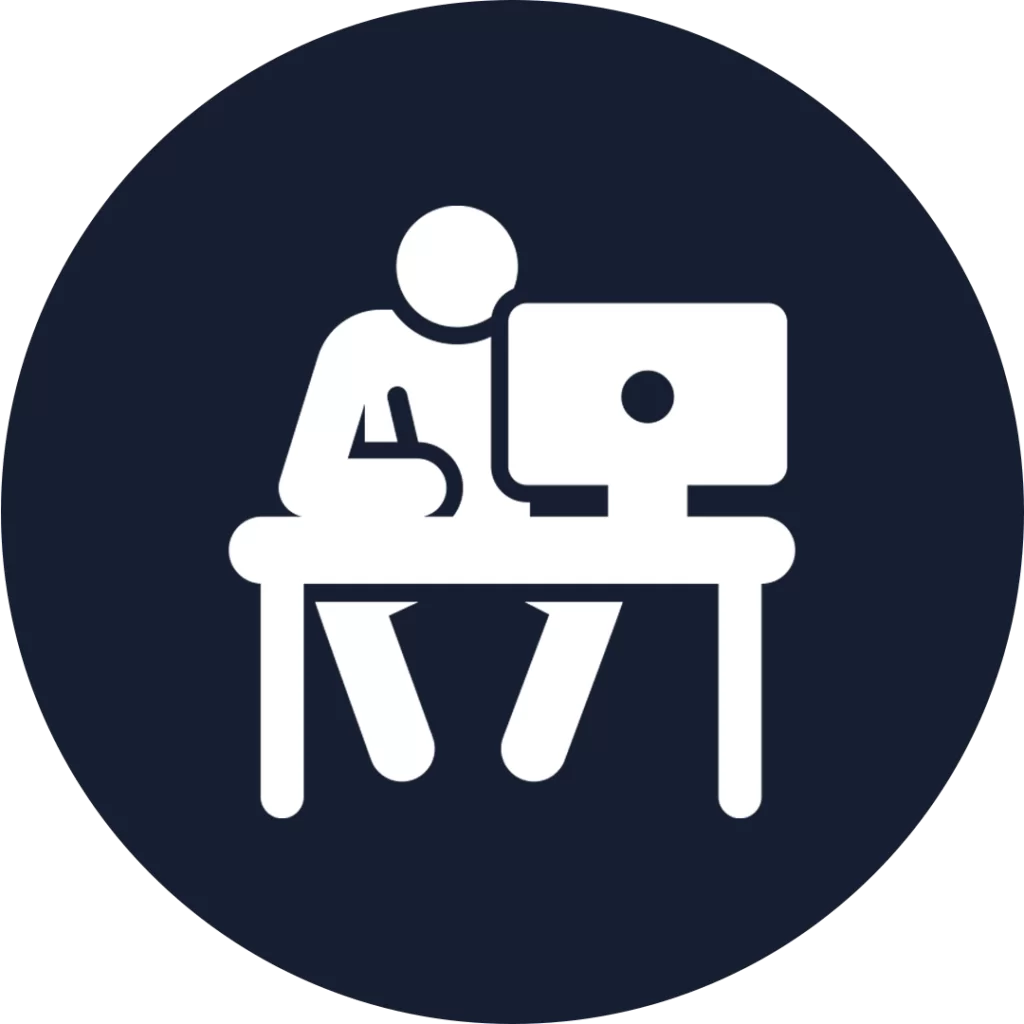- Helpline
- Mon-Fri 6am-6pm
- Sat 7am-4pm




Once you complete your work placement and the Level 3 Certificate in Assessing Vocational Achievement, you will of course be eligible to assess any subject that you so wish. Your choice or allocation of subject for the purpose of this placement in no way impacts your eligibility to assess other subjects in your professional career.
Your placement will start on completion of Unit 1 of your Level 3 Certificate in Assessing Vocational Achievement. This allows for trainee assessor to familiarise themselves with the basics of assessments prior to actually assessing the learners.
The start date of the course is flexible, as is the case with all other programmes on offer at Britannia School of Academics. For further information about the course including FAQs, please visit the course page here.
If you wish to complete an assessor award instead of the full certificate, the fee of the package will remain £479. For more information about the different assessor courses, please read this blog or watch this detailed tutorial.
If you are interested in applying for the course including the work placement, please complete the below form. We only have 20 work placements available to start in 2025 so we encourage interested individuals to apply as soon as they can.
Day 1:
Day 2:
Day 3:
This course is designed for professionals looking to enhance their skills and qualifications in teaching and training roles. Take our suitability checker to determine if you’re a good fit for the course.
Day 1:Topics Covered
Day 2:Topics Covered
Day 3:Topics Covered